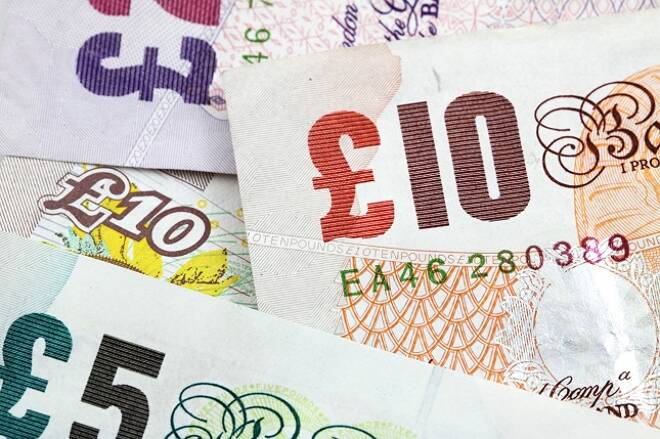Advertisement
Advertisement
The FTSE Hits Fresh Highs and Sterling Drops on Hard Brexit Concerns
By:
European stock markets are mostly heading south, with Eurozone peripherals underperforming and the Italian MIB down more than 1%. The FTSE 100 is
European stock markets are mostly heading south, with Eurozone peripherals underperforming and the Italian MIB down more than 1%. The FTSE 100 is outperforming once again and continuing to seek new highs, as the index got another boost from a weaker currency, as Sterling came under fresh pressure ahead of May’s Brexit statement this week and amid fresh confirmation that the U.K. is heading for a hard Brexit that will see the U.K. exiting the single market. Elsewhere automakers suffered after Trump seemed to threaten car producers with a tax for cars built in Mexico and imported into the United States. In Asia, it was Japan that led markets lower, as exporters were hit by a stronger Yen. With the U.S. on holiday for Martin Luther King Jr. day, trading volumes are lower than usual, however, which could exaggerate moves.
The ECB’s Villeroy played down an inflation come back. The Bank of France Governor Villeroy de Galhau said that a comeback in inflation expectations would allegedly put the Governing Council under strain, seem greatly exaggerated.
Meanwhile the Swiss Nation Bank wants to maintain interest rate differential with EMU. SNB Vice President Zurbruegg said for the SNB “Europe is more important, and the ECB has not yet normalized its interest rate policy, and it is important for us to maintain an interest-rate differential to the euro interest rates”. Zurbruegg reportedly told NZZ that the SNB remains ready to intervene to curb any appreciation of the currency, saying that the central bank will intervene as necessary.
Sterling Tumble on Hard Brexit Comments
The GBP/USD dropped to a fresh low of 1.1987 in London. Cable is now trading at the lowest levels since the flash crash of October 7. The dive in the pound follows reports that UK PM May is preparing to use a scheduled speech Tuesday to declare that the UK will be opting for a so-called hard Brexit. This has gone down well in the UK equity market, propelling the FTSE 100 to a new record high. News that Trump intends to fast track a trade deal with the UK is an added positive for stocks, as it will strengthen the UK’s hand going into negotiations with the EU, though the pound is expressing a less-optimistic view. If May confirms that the UK will be opting to walk away from free access to the single market, speculation will turn to how quickly she can sign new agreements with the EU.
Eurozone November trade surplus widened to EUR 22.7 billion, from EUR 19.9 billion in the previous month, with exports and imports expanding. Italian December HICP inflation was confirmed at 0.5% year over year, as expected, with the acceleration from 0.1% year over year in November largely due to base effects from energy prices, although core inflation also rose to 0.6% year over year from 0.4% year over year and inflation excluding energy stood at 0.7% year over year at the end of 2016, up from 0.4% year over year in November. Still far below the ECB’s limit for price stability, but tying in with developments in the rest of the Eurozone.
About the Author
David Beckerauthor
David Becker focuses his attention on various consulting and portfolio management activities at Fortuity LLC, where he currently provides oversight for a multimillion-dollar portfolio consisting of commodities, debt, equities, real estate, and more.
Advertisement
